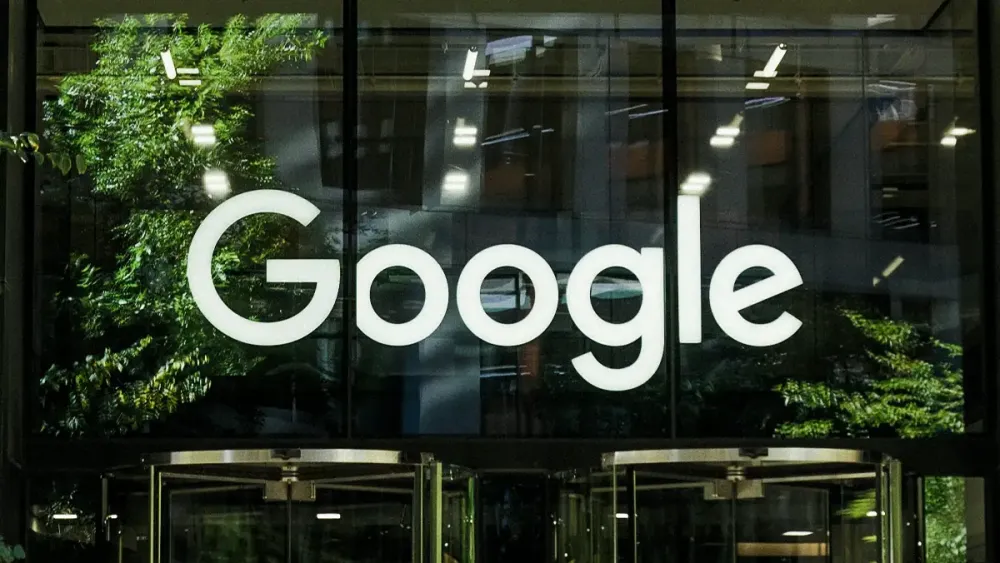
KEY POINTS
Google's Ironwood chip introduces a new era of AI hardware focused on efficient inference rather than training.
Walmart's Abhishek Gupta discusses how the chip aims to improve enterprise data retrieval and operational efficiency.
Ironwood's design promises energy savings and cost reductions for AI applications within the Google Cloud ecosystem.
"For the massive models we have today, the real need isn't more training—it's running inference efficiently for applications. It's a clear move away from the 'training as usual' mindset that has dominated hardware until now."
The era of brute-force AI hardware and oversized chips is over. As enterprise AI shifts from training to running models efficiently, demand is rising for lean, inference-only chips. Google’s new Ironwood chip makes it clear: specialization now beats raw power.
Abhishek Gupta, Senior Business and Data Strategy Lead at Walmart, points to Ironwood as a turning point in how enterprise AI will scale: leaner, faster, and built for real-world use.
Training days are over: "Google was spot on when they decided to optimize this chip just for inference," says Gupta. "For the massive models we have today, the real need isn't more training—it's running inference efficiently for applications. It's a clear move away from the 'training as usual' mindset that has dominated hardware until now." It's precision, not power, that will lead as the market matures.
Retrieval revolution: Gupta skips the hype and focuses on a practical challenge facing every large enterprise: finding information fast. "The first place companies can leverage this is optimizing how they retrieve information from their current databases," he says. With overflowing tools like Confluence and endless internal docs, Ironwood’s faster memory retrieval could be a game changer for building apps that surface accurate insights in real time.
But the specialization isn't happening in a vacuum. "I see the most usage for this chip in concert with the Agent Kit," Gupta explains. "That kit allows you to connect to multiple data sources, and Ironwood provides the exact inference compute needed to operate at scale."
"Companies have stopped increasing compute power from the hardware perspective. The focus has shifted more to optimizing the underlying infrastructure."
Dollars and sense: The new era of specialized hardware also promises to make AI more accessible by tackling costs from two directions. First, by designing a chip specifically for inference, it becomes far more energy-efficient and sustainable to run. "Second, its vertical integration within the Google Cloud ecosystem will create further savings," says Gupta. "Whoever builds inference-based applications on this platform will see their costs massively reduce because of its energy-saving component and specialized design."
The future is fragmented: Gupta doesn’t see Ironwood as a one-off, but as the start of a broader trend toward hardware specialization. "Companies have stopped increasing compute power from the hardware perspective," he says. "The focus has shifted more to optimizing the underlying infrastructure." With Google going all-in on inference, he expects other players to carve out chips for different needs, leading to a more modular, task-specific AI ecosystem. "Future developers will need to think about managing different sorts of chips, not just relying on one-size-fits-all hardware."
Outsmart > outrun: "Google has announced so many things in this area," says Gupta. "I’m really curious how Apple is going to perform in AI." With hardware giants racing to define their AI strategy, Gupta believes we’re entering a new phase where competitive advantage will be shaped by who can best tailor their stack—not just who gets there first.



